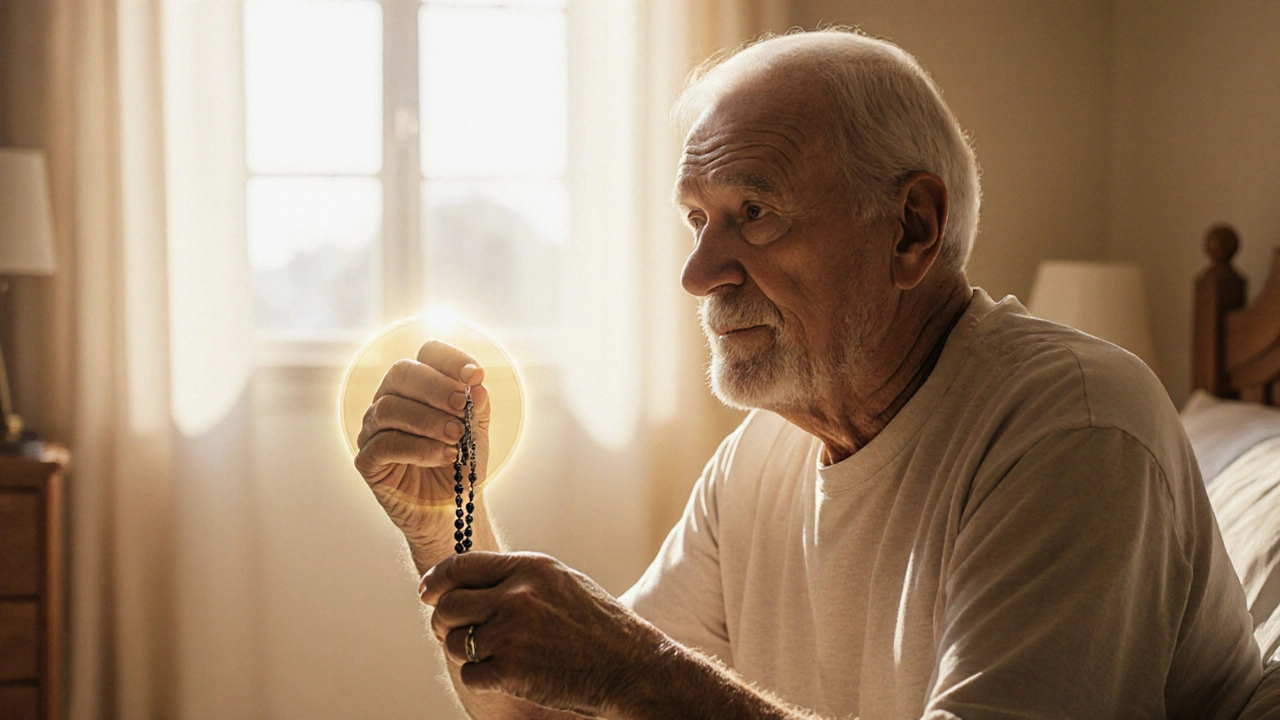Parkinsonism Management: Treatments, Medications, and Daily Living Tips
When someone struggles with Parkinsonism, a group of neurological conditions that cause movement problems similar to Parkinson’s disease. Also known as parkinsonian syndrome, it affects how your brain controls movement, leading to tremors, stiffness, and slow motion. Unlike Parkinson’s disease, which has a specific cause, Parkinsonism can come from medications, brain injuries, toxins, or other disorders — but the symptoms feel the same: your body just doesn’t move the way it used to.
Managing Parkinsonism isn’t about curing it — it’s about keeping you moving, safe, and in control. The most common treatment is levodopa, a medication that the brain converts into dopamine, the chemical that’s missing in Parkinsonism. It’s the gold standard, but over time, its effects can become unpredictable. That’s why doctors often combine it with other drugs like dopamine agonists, which mimic dopamine’s effects without turning into it. These help smooth out the highs and lows, but they can cause side effects like drowsiness or compulsive behavior. You also might hear about MAO-B inhibitors or anticholinergics — each plays a role depending on your age, symptoms, and other health issues.
It’s not just pills. Many people with Parkinsonism find that daily movement — walking, stretching, even dancing — helps more than they expect. Physical therapy isn’t optional; it’s a tool to fight stiffness and balance problems. Speech therapy helps when your voice gets soft or your swallowing changes. And yes, your diet matters too. Protein can interfere with levodopa absorption, so timing meals around medication makes a real difference. Sleep issues, low blood pressure, and even constipation are common and often overlooked — but they’re part of the full picture.
You’ll find posts here that cover how certain drugs — like antidepressants or antipsychotics — can actually trigger Parkinsonism-like symptoms. Others explain how caffeine or timing your meds with food can change how well they work. There’s advice on avoiding falls, managing fatigue, and dealing with the emotional side of living with movement challenges. This isn’t just medical info — it’s real-life guidance from people who’ve been there, and doctors who know what actually works day to day.
What you’ll find below aren’t just articles — they’re practical tools. Whether you’re newly diagnosed, caring for someone with Parkinsonism, or just trying to understand why a medication is causing tremors, these posts give you the clear, no-fluff facts you need to take control.

Spiritual Care’s Impact on Parkinsonism Management
- Oct, 14 2025
- 14
Explore how spiritual care enhances Parkinsonism management, offering practical tips, evidence, and resources to improve quality of life for patients and caregivers.
Categories
- Health and Medicine (62)
- Health and Wellness (57)
- Medicine (37)
- Women's Health (11)
- Mental Health (9)
- Men's Health (7)
- Beauty and Wellness (4)
- Health Information (4)
Archives
- February 2026 (8)
- January 2026 (25)
- December 2025 (28)
- November 2025 (25)
- October 2025 (27)
- September 2025 (14)
- August 2025 (3)
- July 2025 (2)
- June 2025 (2)
- May 2025 (3)
- April 2025 (4)
- March 2025 (4)
- online pharmacy
- medication safety
- dietary supplement
- health benefits
- dietary supplements
- generic drugs
- prevention
- fertility
- online pharmacy Australia
- side effects
- QT prolongation
- medication side effects
- diabetes medications
- GLP-1 agonists
- nocebo effect
- brand vs generic
- treatment
- treatment options
- benefits
- connection
